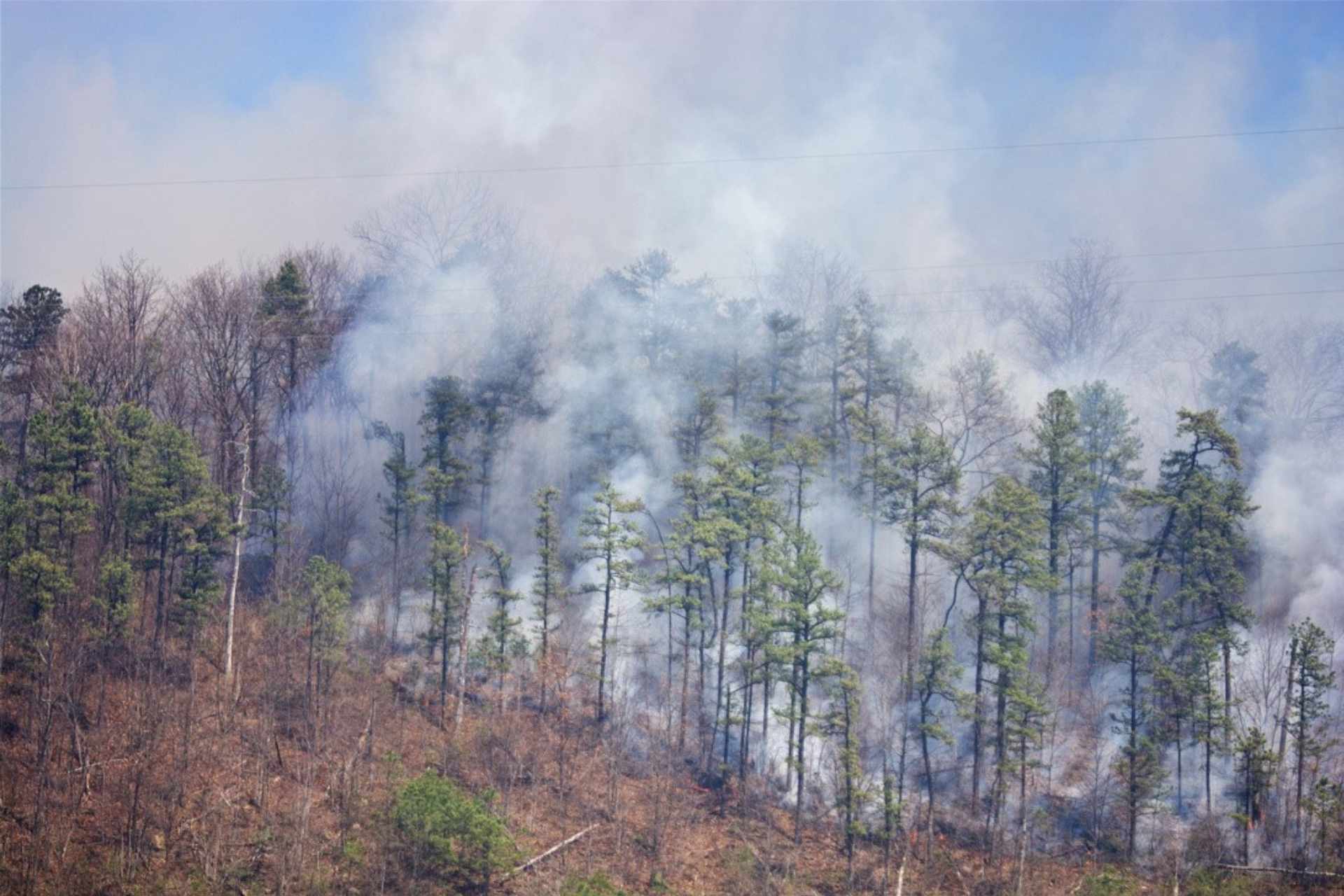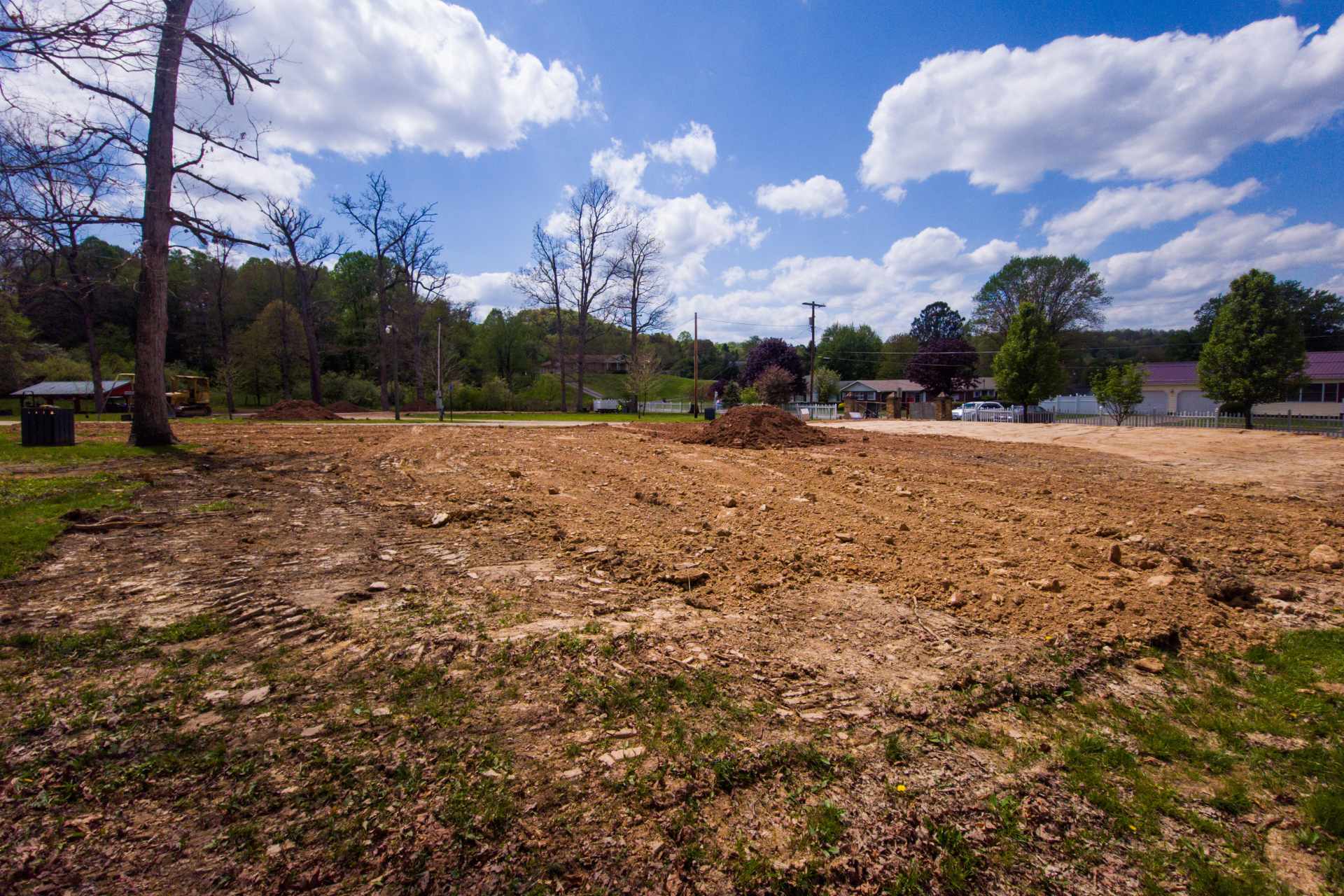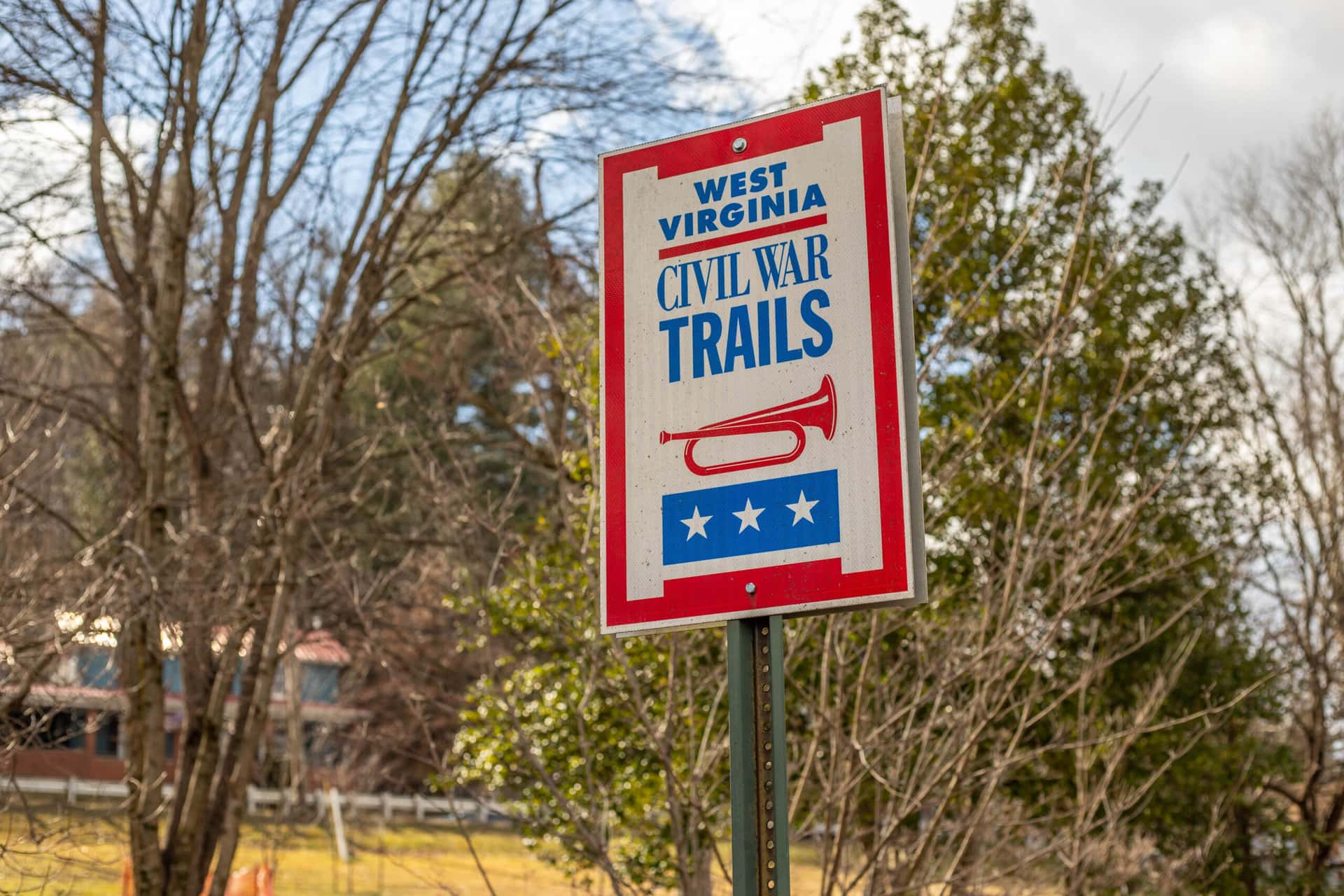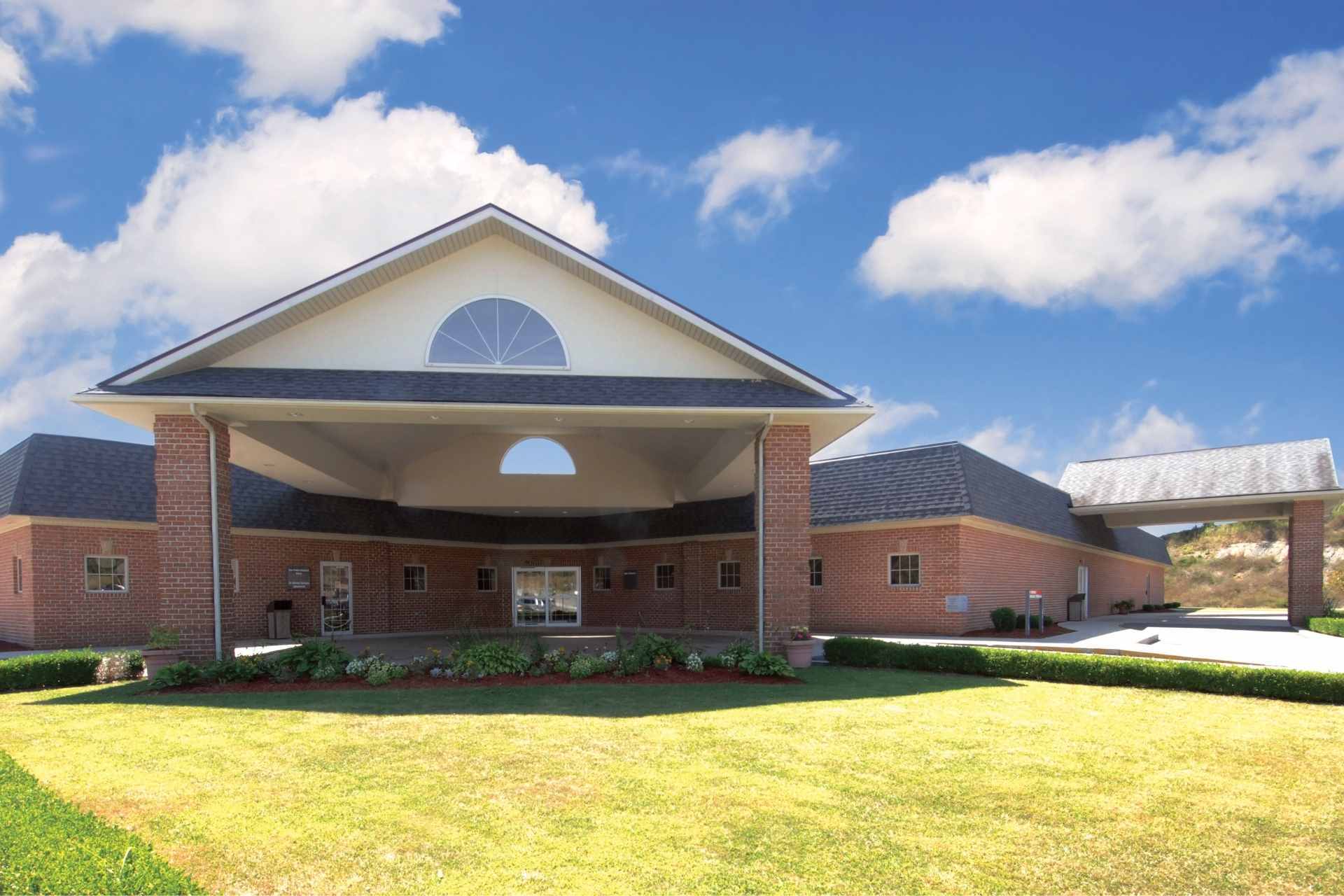CHARLESTON, W.Va. — The start of West Virginia’s annual spring fire season on Tuesday marks the return of burning restrictions, including the prohibition of open burns between 7 a.m. and 5 p.m.
“We’ve had a busy start to 2022, but if everything goes according to our predictions we’ll have an average spring fire season,” said Jeremy Jones, assistant state forester for the West Virginia Division of Forestry (WVDOF) and the state’s fire supervisor.
Jones said more than 99 percent of wildfires in West Virginia are caused by people and that burning debris accounts for 35 percent of all wildfires during the past 10 years.
Statewide burning restrictions will remain in effect until the close of the spring fire season on May 31. The Division of Forestry has issued burning guidelines on its website at wvforestry.com/fire-laws. Regulations include:
- Burning is prohibited during fire season from 7 a.m. to 5 p.m. If burning has occurred during permitted hours (5 p.m. to 7 a.m.), the fire must be completely extinguished by 7 a.m.
- All fires must have a ring or safety strip.
- The safety strip itself must be cleared of burnable material and be at least 10 feet wide.
- Fire must be attended until completely extinguished.
- Only vegetative materials such as leaves, brush and yard clippings are permitted to be burnt.
- Spark-throwing machinery such as power shovels or sawmills operating on land subject to fire must contain an adequate spark arrestor.
- Inflammable waste disposal areas must annually remove all grass, brush, debris, and other inflammable material adjacent to disposal areas to provide adequate protection, preventing the escape of fire to adjacent lands.
“Our fire laws protect one of West Virginia’s most valuable resources: our forests,” Jones said. “We urge everyone who burns anything outside to be completely familiar with the guidelines available on our website.”
Commercial burning during prohibited periods requires a permit, which are issued by local WVDOF offices. A permit is required for each commercial burning site.
Any person or company who causes a fire on any grass or forest land must reimburse the state for costs to suppress the fire. Fines for forest fires caused by negligence range from $100 to $1,000 with an additional civil penalty of $200.
















